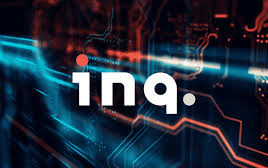Kenya has received Ksh 50 billion ($378 million) from the European Union to facilitate the electrification of the country’s public transport system. The financing will enable Kenya to build the necessary infrastructure to make its bus rapid transit system more efficient and cost-effective.
This development is the result of a recently concluded meeting between Kenya’s President, William Ruto, and the president of the European Commission, Ursula von de Leyen, at the European Union Headquarters in Brussels, Belgium.
As part of the agreement, Kenya’s upcoming Green Mobility-Nairobi core bus rapid transit line 3 (BRT 3) will feature zero-emission electric buses and will introduce intelligent transport system features.
In February 2022, Kenya announced it would only operate electric vehicles on the BRT system, but that has not been the case as the funds to move this from plan to project have not been particularly available. However, this new financing brings renewed hope to Kenya’s plans, especially for its capital city, Nairobi.
This development comes at a time when Kenya is yet to recover from its struggles with fuel shortage which is causing a surge in fuel prices and negatively affecting the living standards of many Kenyans. In addition, the country faces a severe air pollution crisis that is claiming lives and adversely affecting the health of thousands of Kenyans. In 2019, over 5000 premature deaths were linked to air pollution in the country.
These harsh conditions have contributed to an enabling environment for electric mobility options to flourish in Kenya as the government joins private companies like Little and Bolt in the EV charge.





















